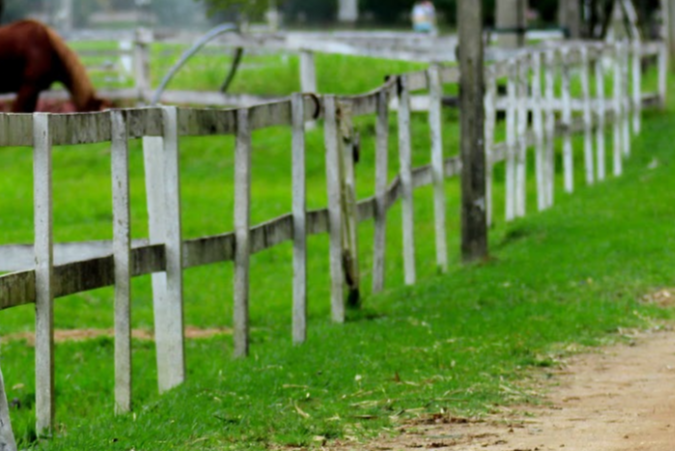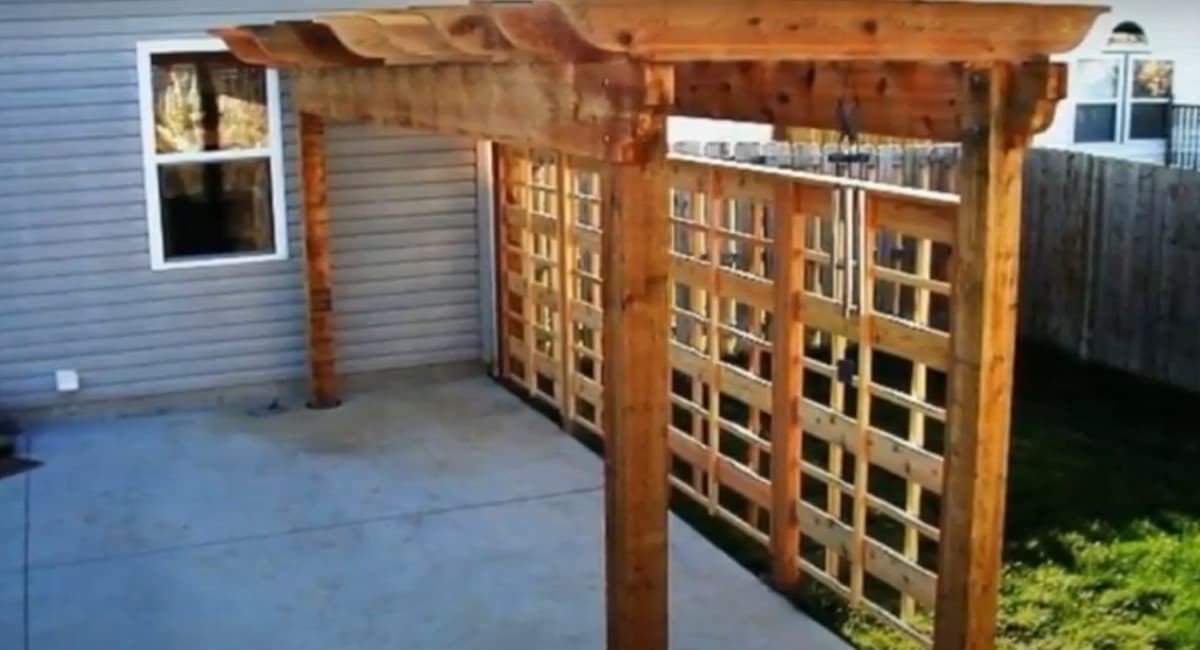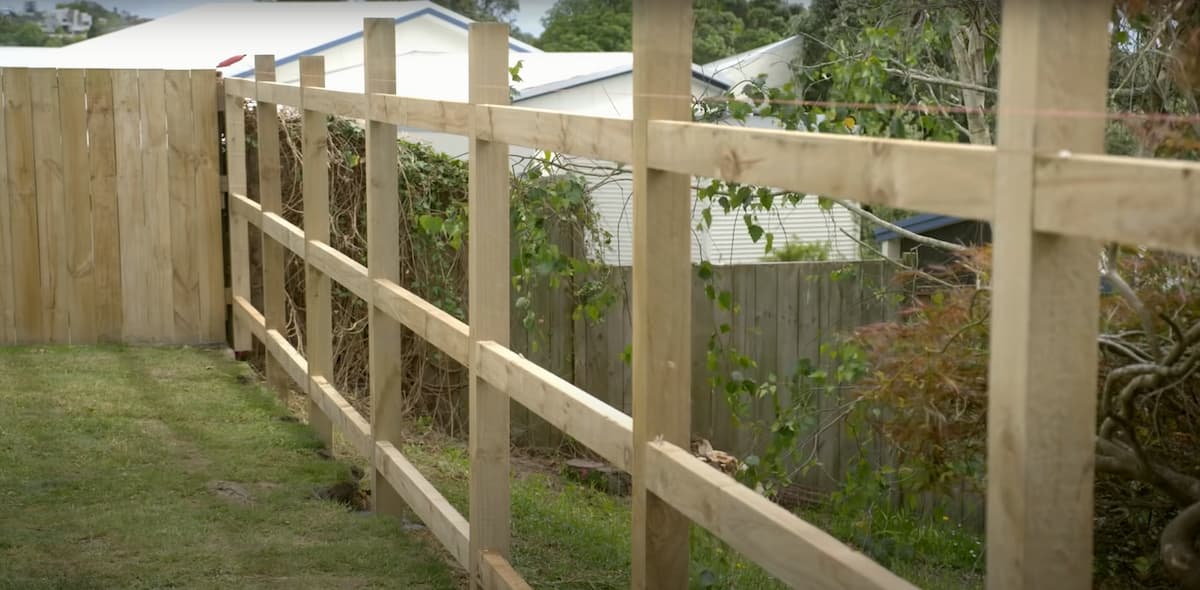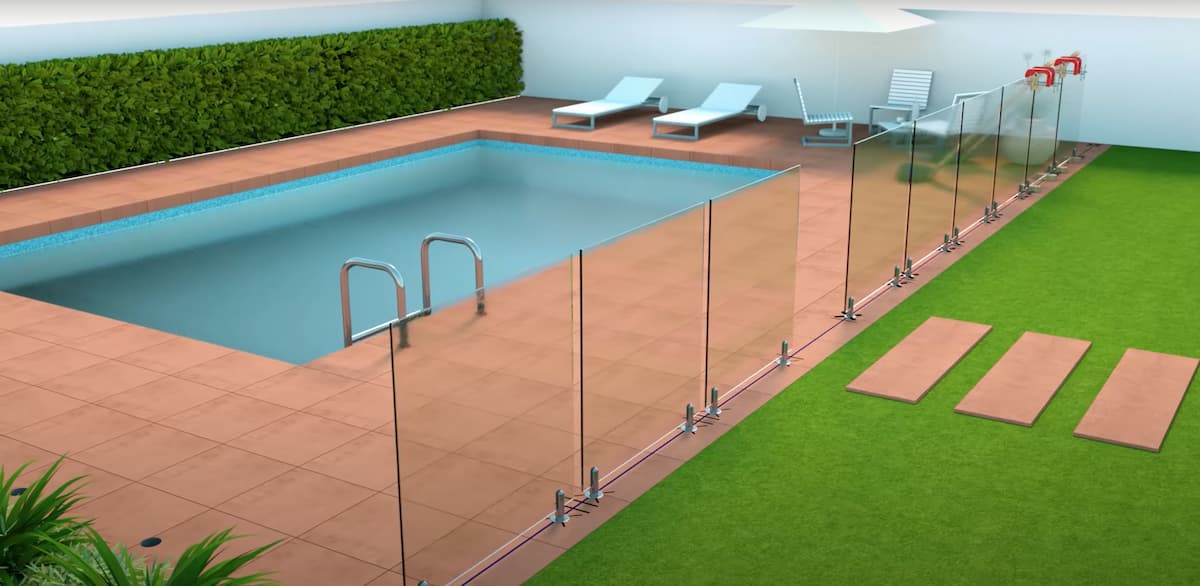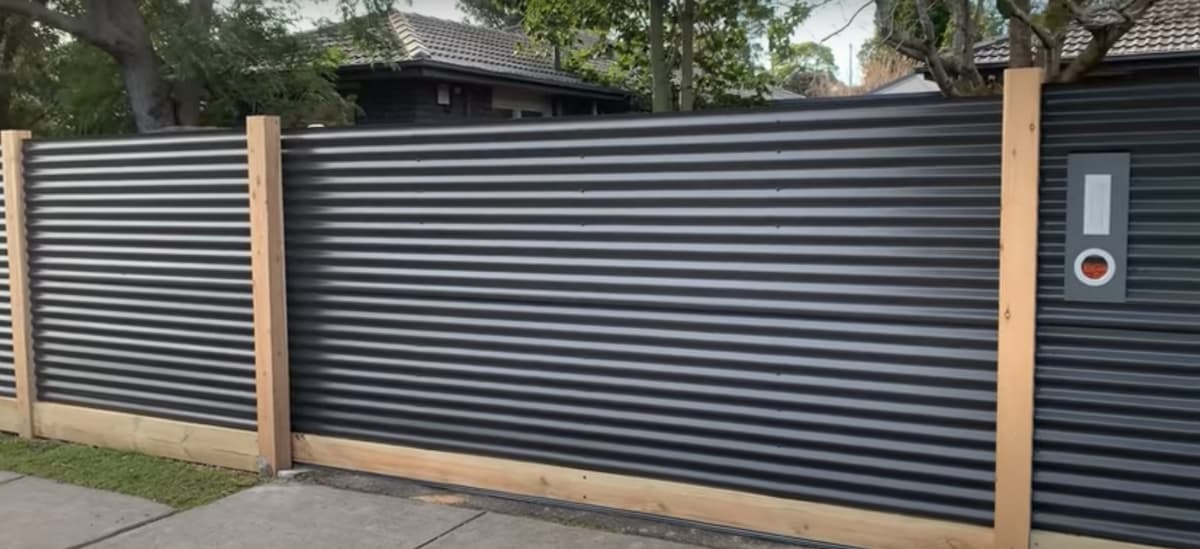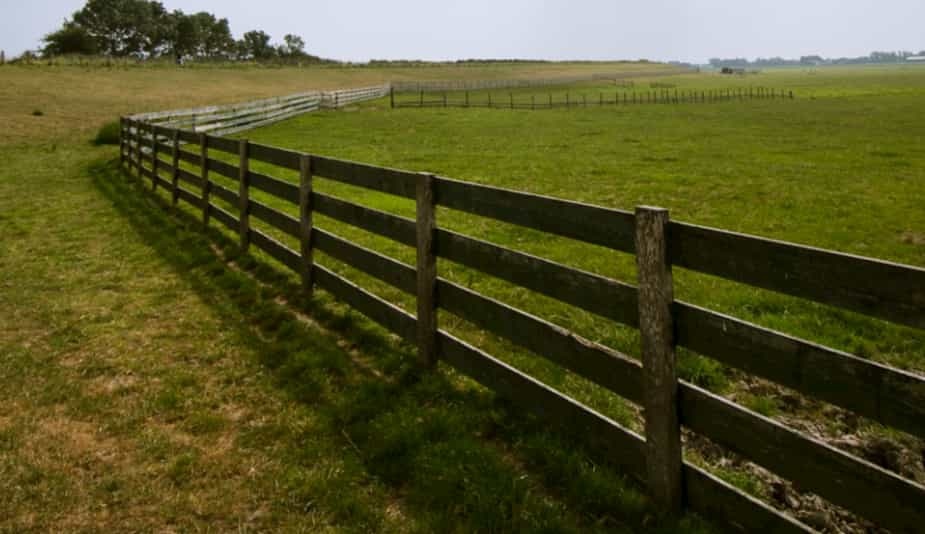
Farm Fencing Prices | Farm Fencing Wire | Barbed Wire Fences | Farm Fencing Cost Overview | Cost per Metre | Designs | Wood Farm Fencing | Deer Farm Fencing | Metal Farm Fencing | Farm Fence Posts | Concrete Posts | Steel Posts | Timber Posts
Unlike everywhere else, Australia is a country with enormous open spaces, landscapes, and farms. Farm fences have played a great role here in the lucky country because people tend to protect their families and their livestock from dangers outside their farms. They use it to protect their property from the outside world and keep domestic animals inside as well as protect their crops. Farm fencing was popular and remains popular.
What does farm fencing mean? For the farmers, it is very important to protect their livestock from dangers outside their farms as well as from inside. Most of the farmers use to mark their land and put protective fences all over their land just to be sure that their crops are safe from the straying animals and the animals will stay inside their land. With the great space and landscapes in the rural parts of Australia, this is even more important- wild animals are within the reach and crazy motorists can miss the trail and finish inside someone’s land.
A fence on a farm in Australia
What is the most important part of farm fencing? The farmers should mark every part of their land and measure it every step of the way to have an idea of how much material will be needed to have farm fencing. Dangers within the land should be fenced too, holes and other dangerous parts within the land represent the constant danger for the animals.
Once the decision is made either creating a new fence or replacing the existing one, the next decision is to be made- what type of fence to use? Two types of fences are available: conventional and electric. Conventional fences are built from wire and make a barrier for the livestock to get outside, the electric fence has a more psychological effect, the electrical shock keeps the animals inside.
How much Does Farm Fencing Cost per Metre?
The prices for buying material for farm fencing depend on the type of fence. Prices can usually be found by linear metres from various vendors. The prices can be affordable or more expensive options. Here is a table showing different types of farming fences and the respective price estimates:
| Farm Fencing Type | Cost of Farm Fence |
|---|---|
| Wire | $7 per metre |
| Wire Mesh | $6 to $12 per metre |
| Chain Link | $45 to $75 per metre |
| Hinge Lock | $10 to $25 per metre |
| Electric | $40 to $100 per metre |
| Pine | $7 to $20 a metre |
- Wire– $7 per metre
- Wire mesh– $6 to $12 per metre
- Chain Link– $45 to $75 per metre
- Hinge Lock– $10 to $25 per metre
- Electric– $40 to $100 per metre
- Pine– $7 to $20 a metre.
Farm Fencing Wire
What type of fence should be used depending on some factors that should be considered?
- The type of animals
- whether it is outside fencing or inside the land
- The topography of the land
The most used material for farm fencing is wire. The wire is especially suitable for fencing because of the number of pros that it has. They are available, affordable, easy to build and they are durable over a long period of time. Of course, the wire tends to loosen up over a period of time and it has to be maintained and tightened up regularly, but it can stay almost on any climate and on different terrain, even floods.
There are different types of wire fences that can be used as outside borders and inside borders too. The type of wire also depends on the preference and what are they suitable for:
- Woven wire fences
- Mesh wire fences
- Barbed wire fences
Barbed Wire Fences
Barbed wire fences are made of sturdy material, several strands of galvanized steel wire. These several strands are twisted together with two or four barbs. They are easy to build and erect, they come as an inexpensive option, requiring only wires, fence posts, and staples to be fixed. They are divided into two types: standard and suspension.
The cost of Farm fencing in Australia
The prices depend on the material used and labour costs. It also depends on the area that can be covered and the animals that should be restrained. The material for 100 meters of wire and posts every four meters can range from $500 to $1500 for big animals like horses.
Installation of the fence is an extra cost. One worker can cost up to $70 per working hour or two up to $100. The number of working hours adds to the cost but it depends on more factors such as the terrain, the area of the coverage, and of course the topography of the land.
Different Types of Farm Fencing Designs
Farm fencing usually serves to restrain animals to wander off the land. However, different designs can be applied to serve the purpose they are built but also to look nice and appealing. You can choose from a variety of material the one that best suits your property:
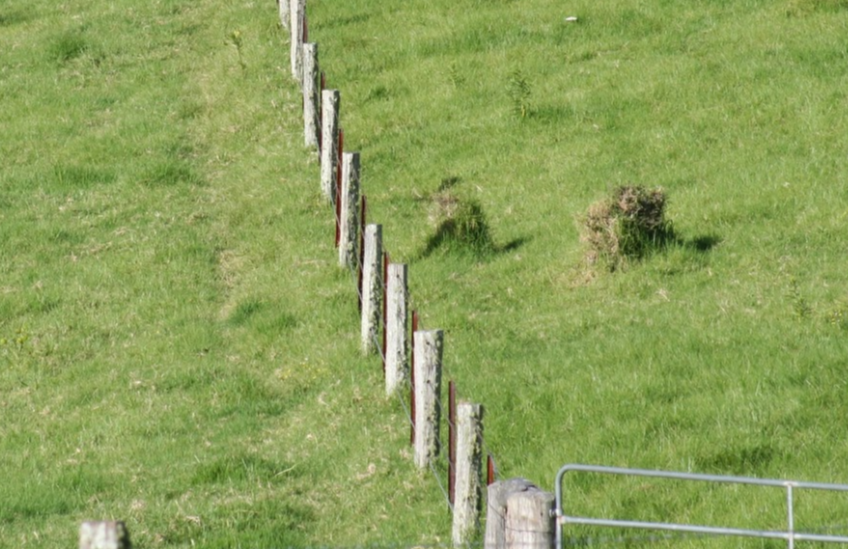
- Wood Fence
- Metal T-Post Fence
- Welded Wire Fence
- Woven Wire Fence
- Barbed Wire Fence
- Synthetic Fence
- Electric Fence
- Field Fence
The decision is up to you. You have just to make sure to explore all the options and choose the most suitable one.
Wood Farm Fencing
Wood farm fencing is rarely used for large postures but for smaller areas, it is traditionally the number 1 choice. It is durable and sustainable and timber fencing can last for up to 20 years easily but should be painted every few years and maintained regularly.
Deer Farm Fencing
Deer farm fencing can be done in different styles and designs. To prevent deer from escaping certain fencing specifications are required. They can also act in minimizing the risk of predators. The fence must be kept clear of trees or branches. The fence height must be a minimum of 2 meters.
Metal Farm Fencing
Metal farm fencing is cheap and affordable. They are easily accessible and can be found in local stores. They are also easy to install and to remove. They are durable but not so pleasing for a sight such as wood fences.
Farm Fence Posts Style and Design
Farm fence posts can also vary in material, style, and design. The most important is to mark the boundaries, to explore the terrain, and to decide the distance between the posts. Materials used to suit different purposes:
Concrete posts
Concrete posts perform well and have durability but they can also be affected by fires and are very heavy in weight.
Steel Posts
Steel posts are an inexpensive option, can be installed very quickly, and are perfect for areas that have a fire risk. They can be galvanized to prevent rusting and deterioration.
Treated timber Posts
Treated timber posts are resistant to termites and very popular because of its durability. It is very light and can be cut to the needs of the field.

